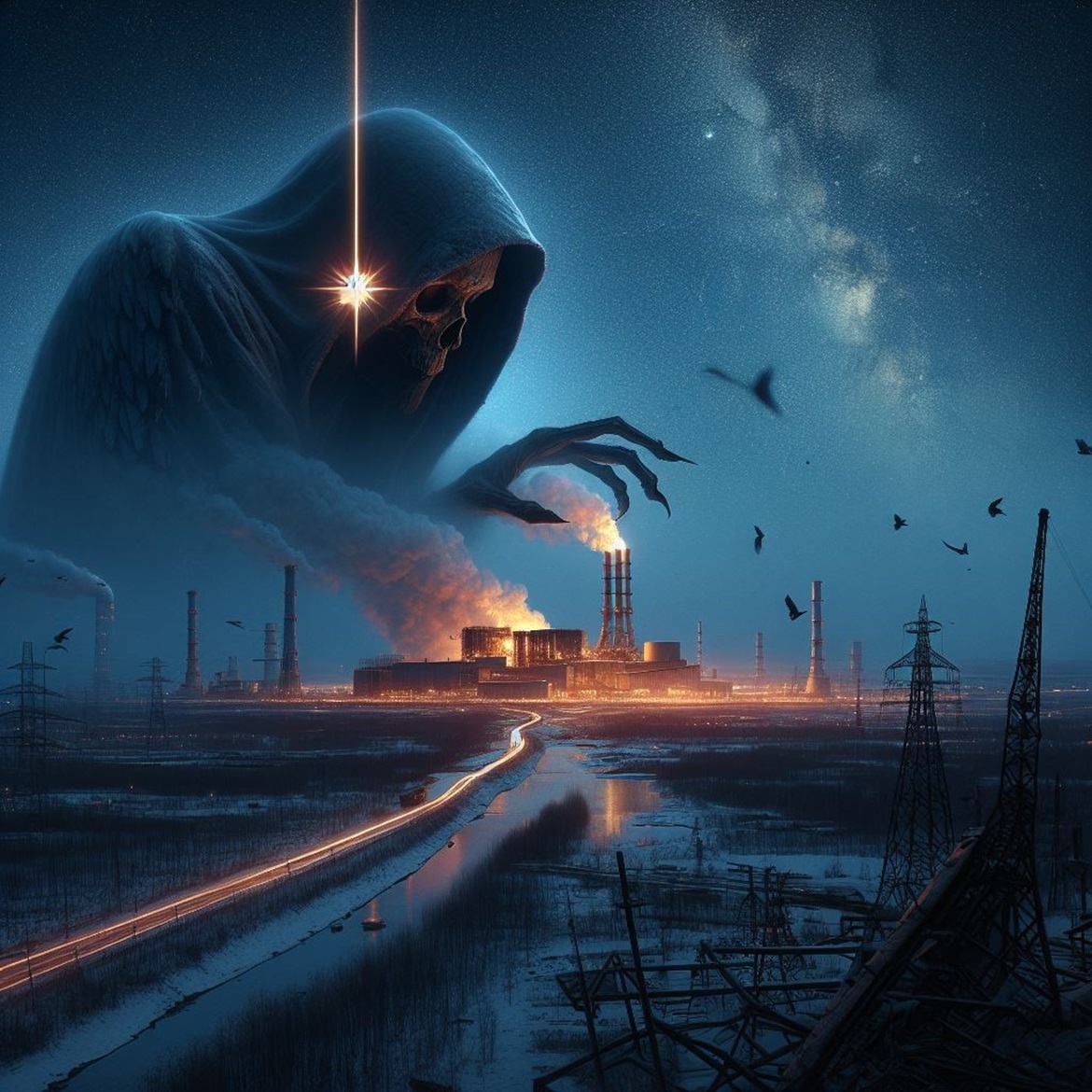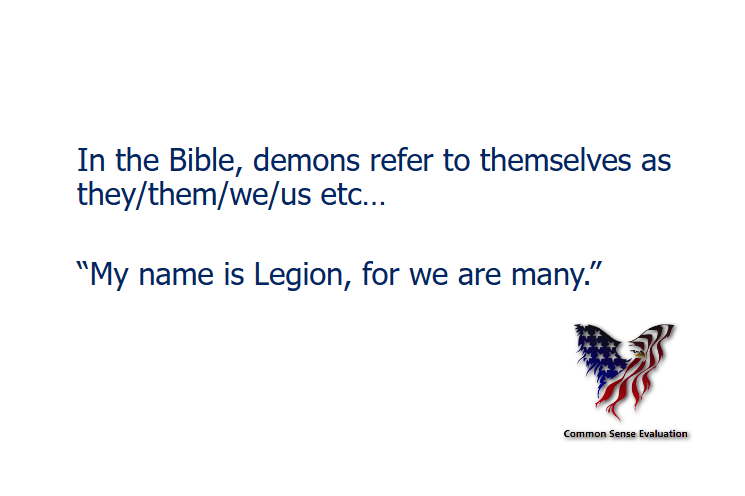Imagine, if you will, a time-machine ride back to April 26, 1986, to the town of Pripyat in the Soviet Union. This town is home to the Chernobyl Nuclear Power Plant, which, on that fateful day, transforms from an icon of human advancement into an emblem of devastating catastrophe following a reactor explosion.
The Name ‘Chernobyl’
In Ukrainian, ‘Chernobyl’ equates to ‘Black Grass’, but an intriguing twist lies in its translation to ‘wormwood’ from the same language. Wormwood, we know, is a herb often linked with bitterness, due to its intensely sharp taste.
Wormwood in the Book of Revelation
Interestingly, this isn’t where the wormwood reference ends; it finds an echo in the pages of one of the most widely read books worldwide: The Holy Bible. Specifically, in the last book of the New Testament–the Book of Revelation, wormwood plays a significant role.
The author of the Book of Revelation, known as John the Apostle, describes a series of catastrophic events that will supposedly occur at the end of times. Among these end-time events, there’s a mention of a star named Wormwood, destined to fall upon the earth, poisoning a third of the world’s waters and causing many deaths.
The Confluence
This association may initially seem far-fetched, as linking a Nuclear disaster with a Biblical prophecy isn’t an everyday occurrence. However, the profound bitterness that the Chernobyl disaster left in the hearts of people worldwide is hard to ignore. Could this disaster have been the prophesied ‘star’ falling to the earth, as it brought along massive destruction and loss of life?
The water supplies in the geographical area were indeed polluted due to the radioactive fallout from the nuclear explosion, leading to incredible, lingering health consequences for people and animals. So, the correlation between the Chernobyl disaster and the Book of Revelations becomes hard to dismiss.
A Revelation or Coincidence?
Of course, drawing parallels between the name ‘Chernobyl’ and the Biblical Wormwood could be viewed as an exercise in numerology, symbolism, or even apophenia (the human tendency to perceive meaningful patterns within random data). Nevertheless, it’s a striking coincidence that has not failed to grab the attention of many.
The Bitter Aftertaste
Whether or not you subscribe to this Biblical connection, the Chernobyl disaster has left an intensely bitter taste in our collective global history–much like the taste of wormwood. It serves as a stark reminder of our responsibility towards the planet and each other. The ‘Wormwood’ of Chernobyl may indeed reflect a prophecy, a warning to humanity about the potential consequences of its actions.
Contrasting the bitterness of wormwood, let’s remember the sweet value of global cooperation, ethical responsibility, and respect for nature to manage and mitigate such devastating catastrophes.

